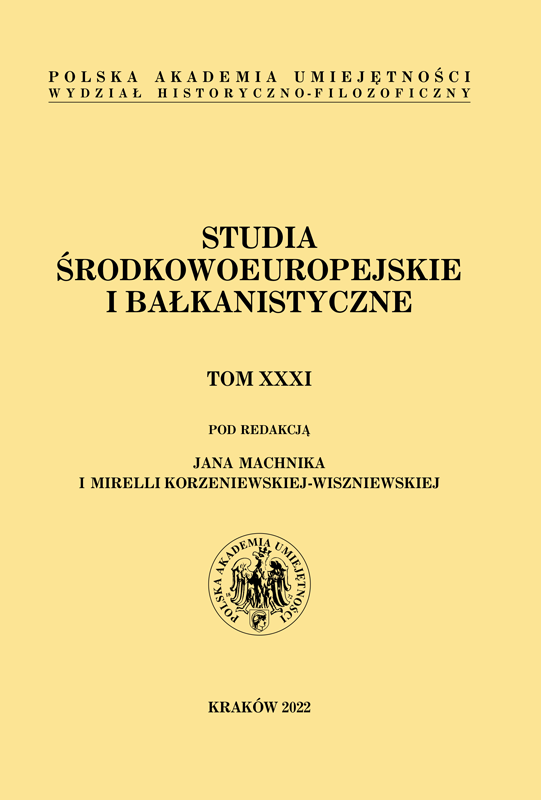The Greco-Turkish War of 1919–1922: Causes, Course, Effects
The Greco-Turkish War of 1919–1922: Causes, Course, Effects
Author(s): Andrzej KrzakSubject(s): Military history, Political history, Interwar Period (1920 - 1939)
Published by: Wydawnictwo Uniwersytetu Jagiellońskiego
Keywords: war of independence; Mustafa Kemal Pasha; Ottoman Empire; Kemalist movement; modern Turkey; Asia Minor; Megali Idea; Elefterios Venizelos;
Summary/Abstract: The Greco-Turkish war, in its strictest sense, was a multifaceted conflict characterized by the varied actions of the combatants. Even though there were not any coalitions comprising military contingents, joint command structures, or coordinated military forces between the Greek, Armenian, and French nationalist factions, one can argue that each theatre of warfare – Armenian, Cilician, and Greek (Anatolian) – operated as a cohesive strategic unit. For many Greeks and Armenians, this conflict represented an extension of their national liberation effort, driven by territorial aspirations, a quest to realize their national vision, and an ambition to humble a longstanding adversary. On the other hand, the inhabitants of Anatolia and the Muslim refugees who had sought sanctuary in the region – individuals who increasingly identified as Turks rather than Ottomans – were motivated by their pursuit of national sovereignty and independence.
Journal: Studia Środkowoeuropejskie i Bałkanistyczne
- Issue Year: 2023
- Issue No: 32
- Page Range: 65-87
- Page Count: 23
- Language: English

